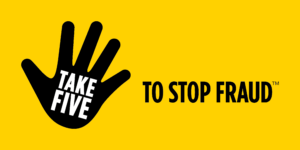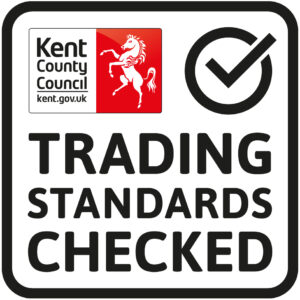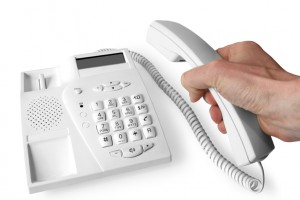With today being the United Kingdom’s final day as a member of the EC, Get Safe Online is warning about a number of scams which will undoubtedly be perpetrated in order take advantage of changes in the law and processes. In fact, some scams have already been reported, prior to Brexit taking place.
Tony Neate, CEO of Get Safe Online, said “Whether you agree or disagree with Brexit, it’s finally here. We know from bitter experience that fraudsters will seize every opportunity to exploit major changes like this, taking advantage of people’s uncertainty and even confusion about what it means to them.
“Our experts have put together some expert tips around some of the scams we anticipate taking place in the days and months to come, some of which are already happening. I urge you to read them and, above all, always think twice about whether approaches you receive are genuine. Checking and double-checking can save untold losses, upset and inconvenience.”
EHIC scams
An EHIC (European Health Insurance Card) gives you access to state-provided healthcare if you are visiting the EEA or Switzerland, Norway, Iceland or Liechtenstein. It is provided free of charge on application via an official UK government website. For more information on the status of EHIC eligibility.
It is currently not clear whether the EHIC will apply to UK travellers, a fact which will undoubtedly cause uncertainty.
Your European Health Insurance Card (EHIC) will be valid up to 31 December 2020 (gov.uk)
If you consider that there are already a number of copycat websites charging for EHICs, there will certainly be an increase in illegal activity enticing consumers to pay for EHICs, or alternatively offering an ‘alternative’.
To apply for an EHIC – visit the official government or NHS website.
Passport scams
With Brexit, we expect fraudsters to take advantage of passport changes. Typically, these will involve requests or demands from scammers claiming to be from either government websites in the UK or EU – or travel companies, checking the validity of your passport. As passports are one of the main ways with which you can prove your identity, giving these details to an unauthorised party will almost certainly involve identity theft or financial fraud, or both.
HMRC scams
emails, texts, social media messages and phone calls claiming to be from HMRC have been some of the most commonplace online scams for years. They take the form of notifications that the recipient is either owed a tax refund, faces some kind of penalty for unpaid tax or failure to submit a return, or that regulations or thresholds have changed. The emails, texts and posts include links, but clicking on them can result in being taken to a convincing but fake website which requests your confidential details, or your device being infected with malware. Clicking on email attachments can have the same consequences. We expect a large crop of new fake messages fitting this description, but modified to include changes brought about by Brexit.
Businesses are also being targeted with fake HMRC communications, particularly those who trade with the EU who have been falsely told that they need to register for a UK trader number, or similar warnings.
HMRC will never ask you for your payment or personal details by email, text or over the phone, so you should treat these approaches with extreme caution. If in doubt, call HMRC on a number you know to be correct, to check if the approaches are genuine or fake.
Bogus investments
Investment scams are as old as money itself, but they have been aided by technology and fraudsters are constantly finding new, more convincing ways to perpetrate them. Brexit provides the ideal opportunity.
For example, scammers are emailing, messaging or calling unsuspecting victims to convince them that making a new investment or modifying an existing one will help to either take advantage of new, post-Brexit laws, or reduce damage resulting from the changes.
A variant of this scam arises from the fact that much UK financial services regulation is drawn from EU directives, with the result that UK banks access to the European payments infrastructure may change, causing lengthier money transfers, payments or receipts in Euros.
Never provide confidential details such as logins or the name of your bank, pension scheme provider, to people or organisations who have contacted you at random. If in doubt, contact your genuine financial services providers or IFA on the number you know to be correct.
Business scams
In the workplace, fraud is often committed through impersonation scams, where businesses typically receive an email, phone call or letter claiming to be from a supplier or subscription service, notifying of a new payment details which are actually into a fraudster’s bank account. It is possible that some will now feature Brexit as an excuse, claiming that payment details have changed because of changed banking arrangements in the wake of the UK’s exit from the EU.
Get Safe Online 31st January 2020
https://getsafeonline.org/news/get-safe-online-warns-about-brexit-related-scams/
Get Safe Online is a public / private sector partnership supported by HM Government and leading organisations in banking, retail, internet security and other sectors.










